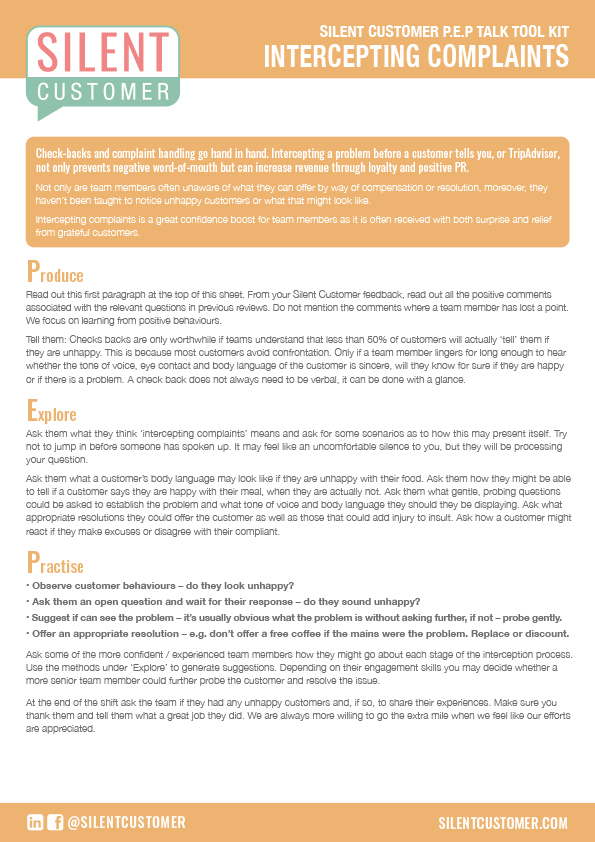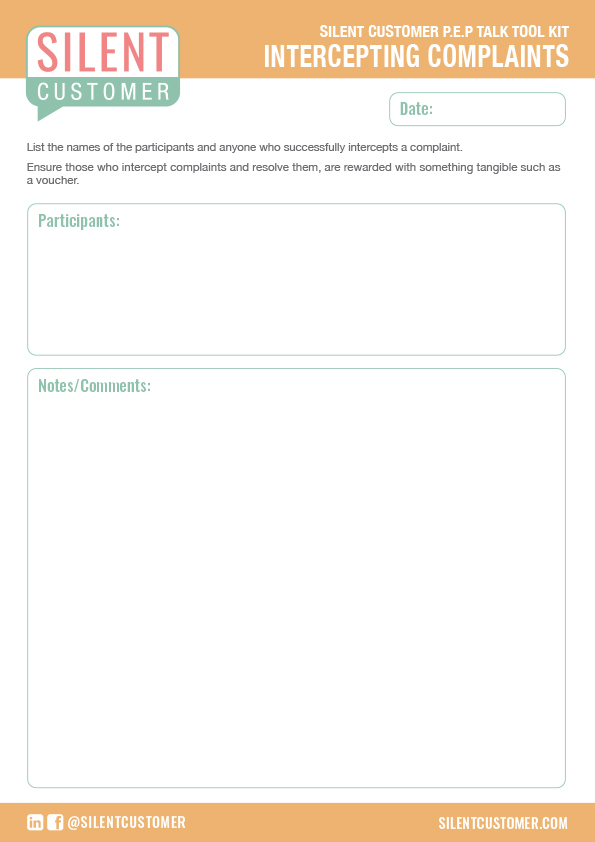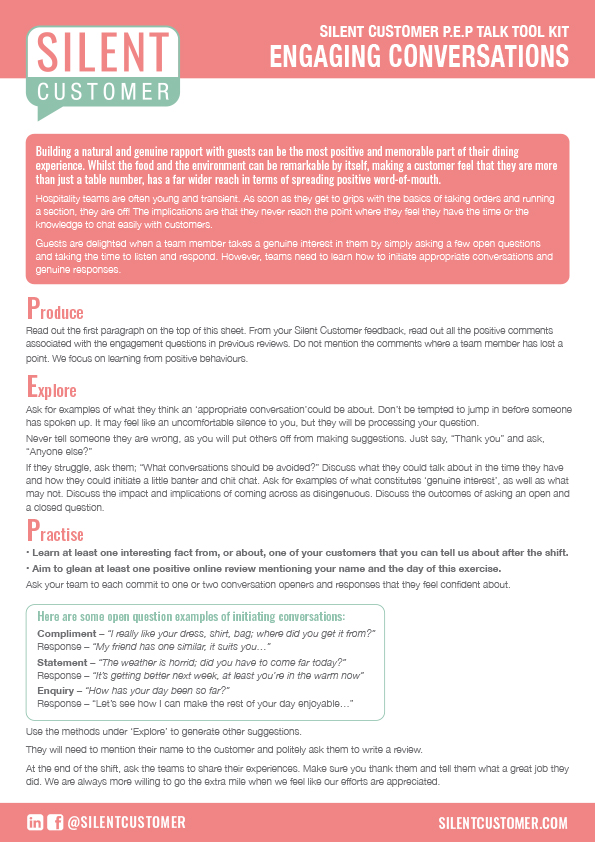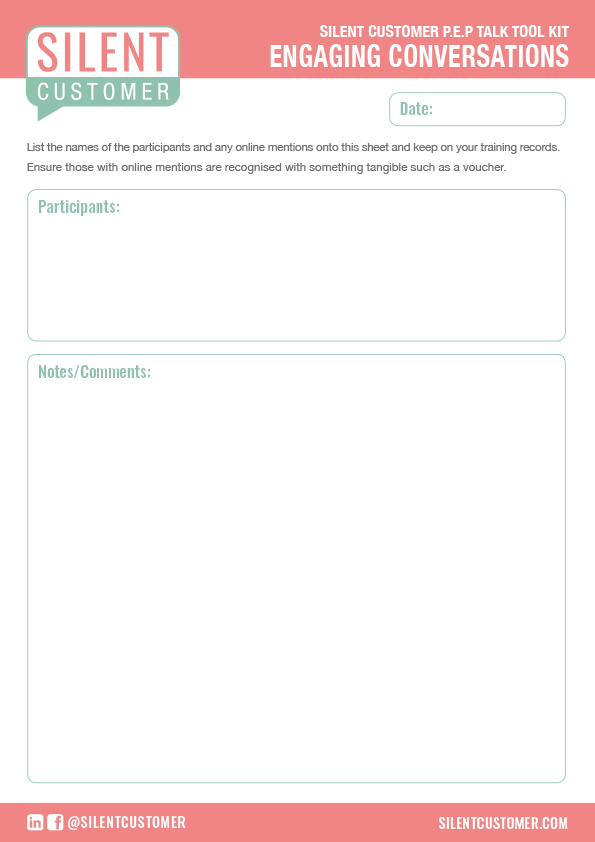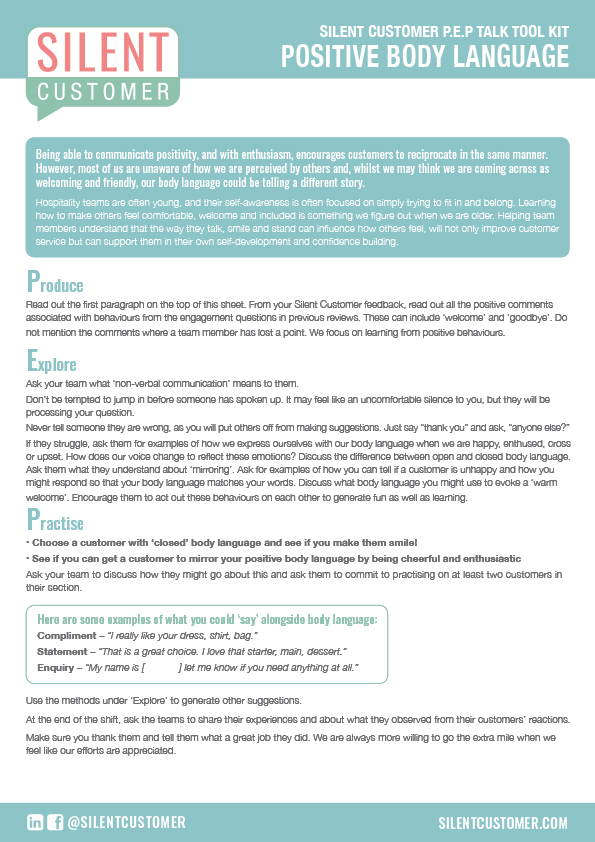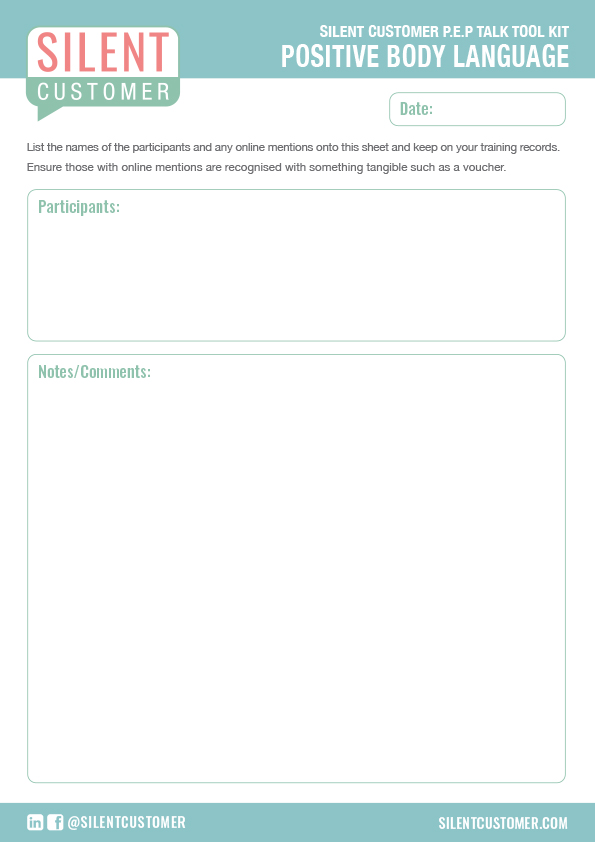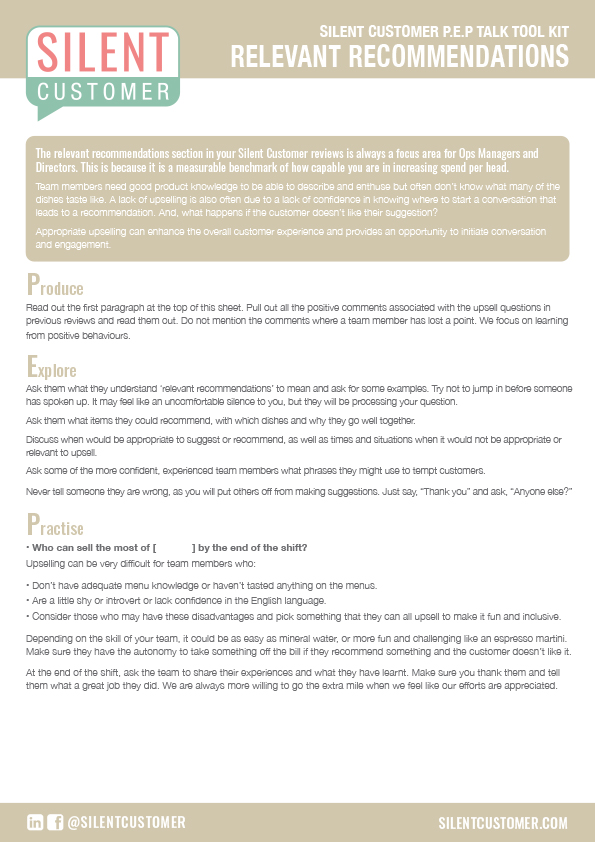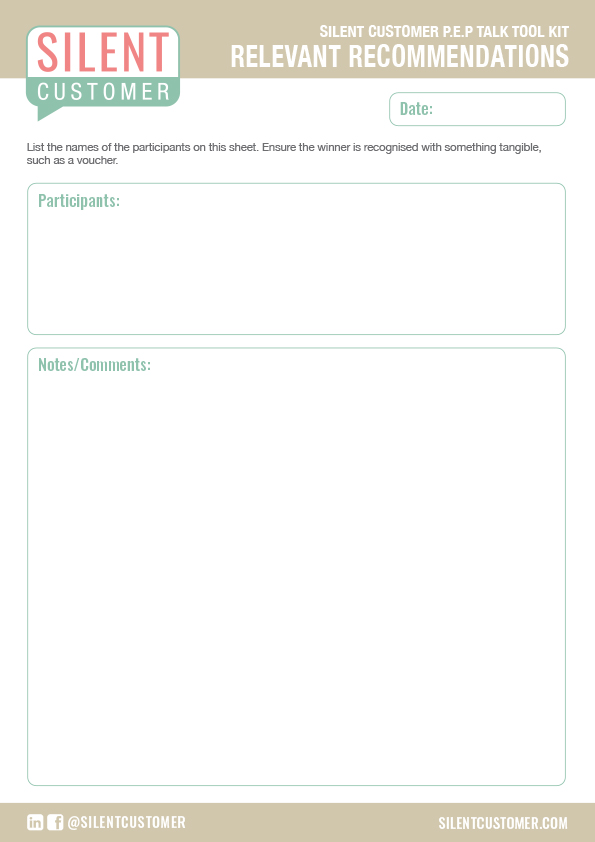In hospitality, every detail matters from the flavour of the food to the ambience of the space. Yet one of the biggest influences on customer loyalty (and, ultimately, your bottom line) isn’t what’s on the plate or in the glass. It’s how your guests are treated by your team.

Unfortunately, many hospitality businesses underestimate just how much rudeness, detachment, or lack of engagement can cost them. You can have the most stunning menu and décor, but if a guest feels ignored, dismissed, or unappreciated, they are unlikely to return and even more likely to share that negative experience with others.
So, how do you stop rudeness from eroding your revenue? It starts with understanding the challenge and then putting the right support in place.
The Challenge: Young and Transient Teams
Hospitality often relies on young, transient staff. For many, these roles are their first jobs, and they may have little prior experience of engaging with people outside of their peer group. In today’s world, where young people often have fewer opportunities to gain early work experience, these jobs may be the very first time they are required to behave with professionalism toward a diverse range of customers.
That’s a big leap. Without the right training and guidance, team members can come across as disengaged, detached, or worse, unintentionally rude.
Why Soft Skills Matter More Than Ever
Hospitality is about more than efficiency. Guests want to feel valued, recognised, and welcomed. A server who can make appropriate observations, hold polite and genuine conversations, and demonstrate attentive listening leaves a lasting impression.
Small touches go a long way. A few open questions, a willingness to listen, and thoughtful responses show customers that they are more than just a table number. For many guests, these interactions become the most memorable part of their experience, something that makes them want to return again and again.
And when things do go wrong (as they inevitably do in hospitality), it is these very skills that enable effective service recovery. A guest who experiences a hiccup but sees it handled with care, empathy, and professionalism often leaves happier than if everything had gone smoothly. Done well, recovery doesn’t just save face, it transforms disappointment into delight and creates loyal advocates for your business.

Building Confidence Through Training
The good news is that these skills can be taught and developed. Supporting young and transient staff doesn’t need to be overwhelming or time-consuming. The key is providing practical tools that build confidence and show them how to engage.
At Silent Customer, we’ve developed our FREE ‘PEP Talk’ sheets: fun, bite-sized learning tools designed to help your team improve their conversational skills and guest engagement. These resources are easy to use and directly impact both confidence and revenue.
To measure progress, our mystery guest services provide detailed feedback on how well your team is developing. This way, you’re not just “doing” training, you’re tracking how it translates into real guest experiences.
Take Action Today
Don’t let unintentional rudeness erode your revenue. Invest in your team’s ability to build genuine connections with guests and watch as customer satisfaction, loyalty, and word-of-mouth recommendations grow.
Get in touch to book a free 1-hour exploration session to discover how we can support your team’s awareness and engagement. Or ask us about our team webinars, designed to upskill your staff in an interactive, practical way.

